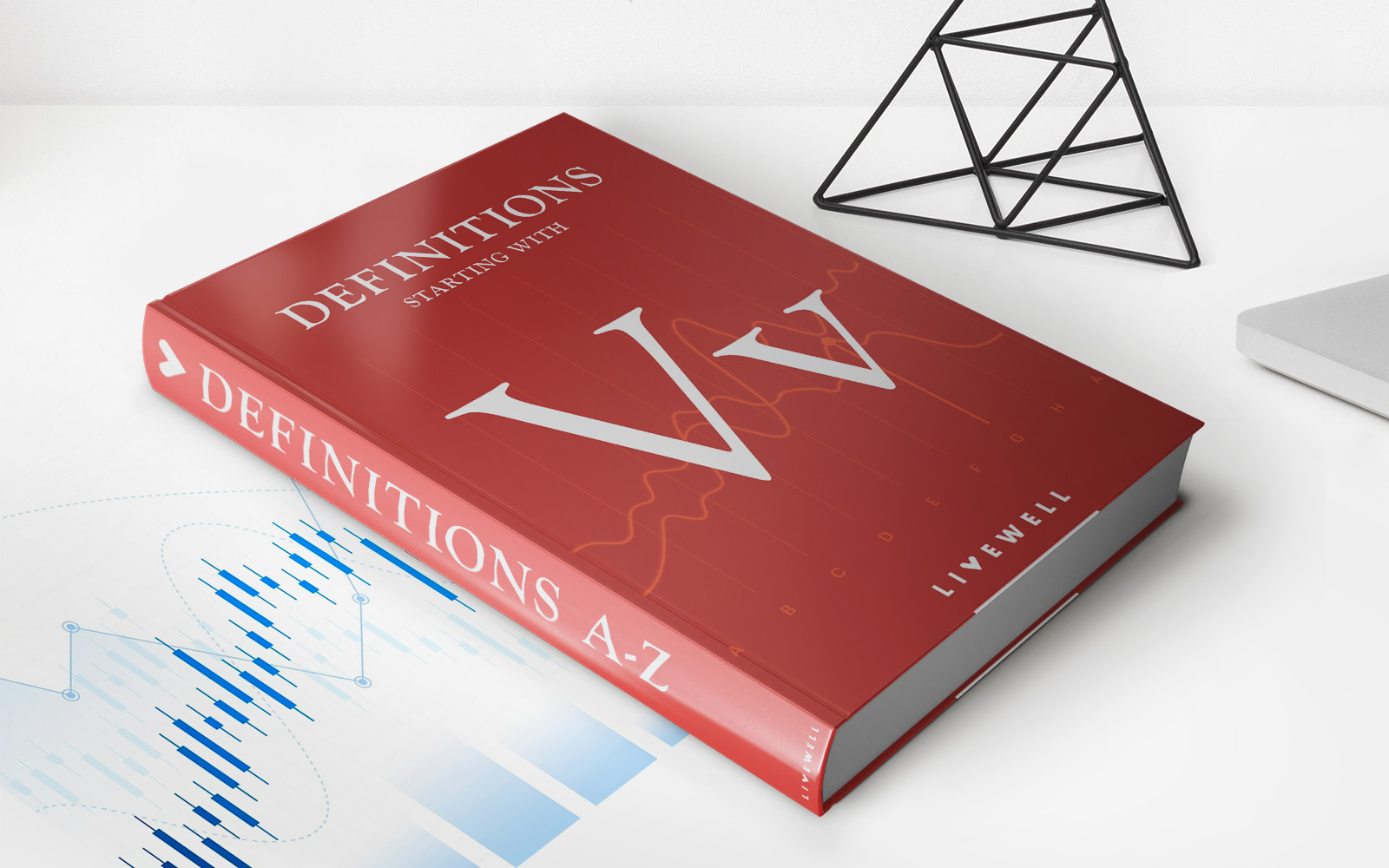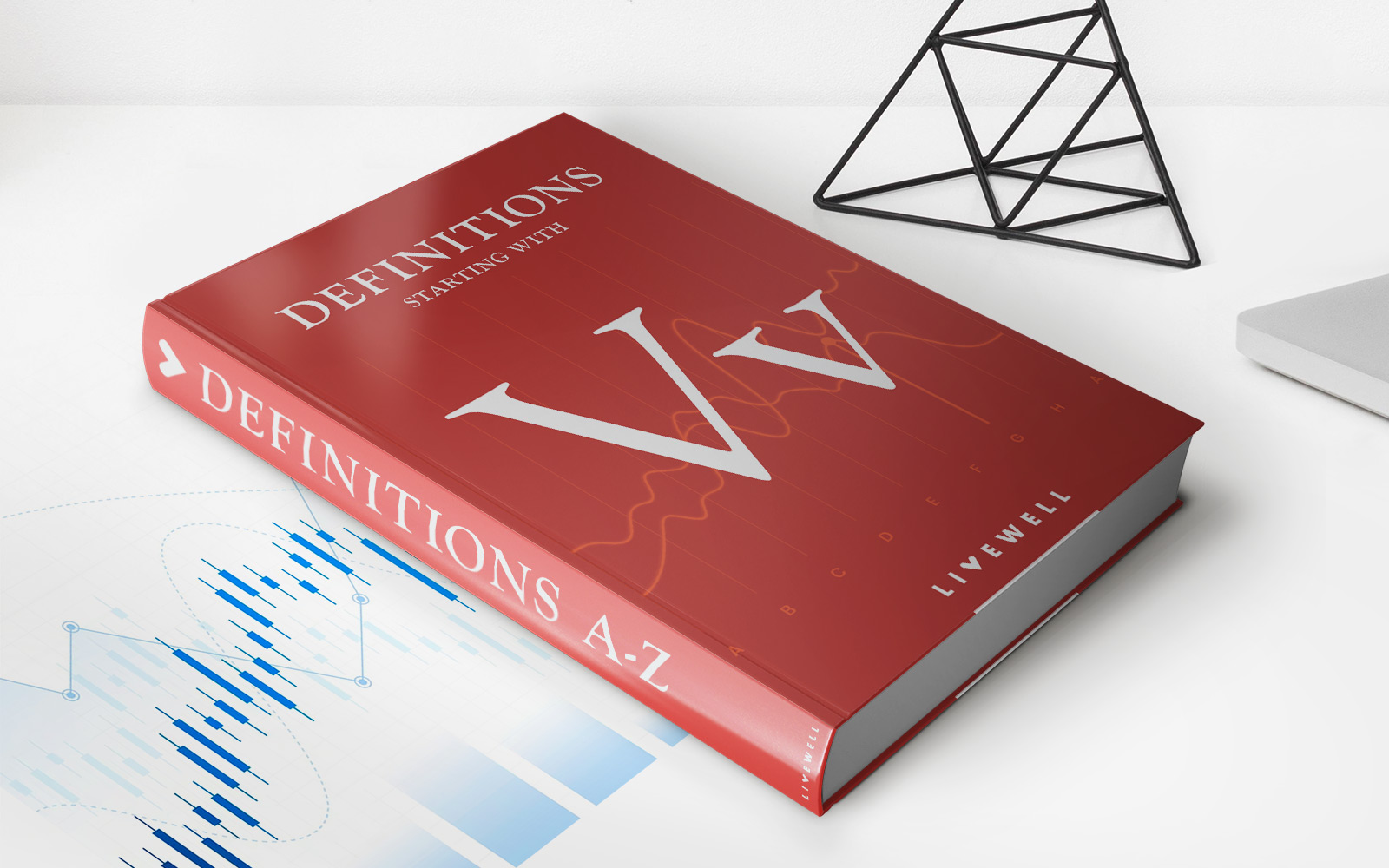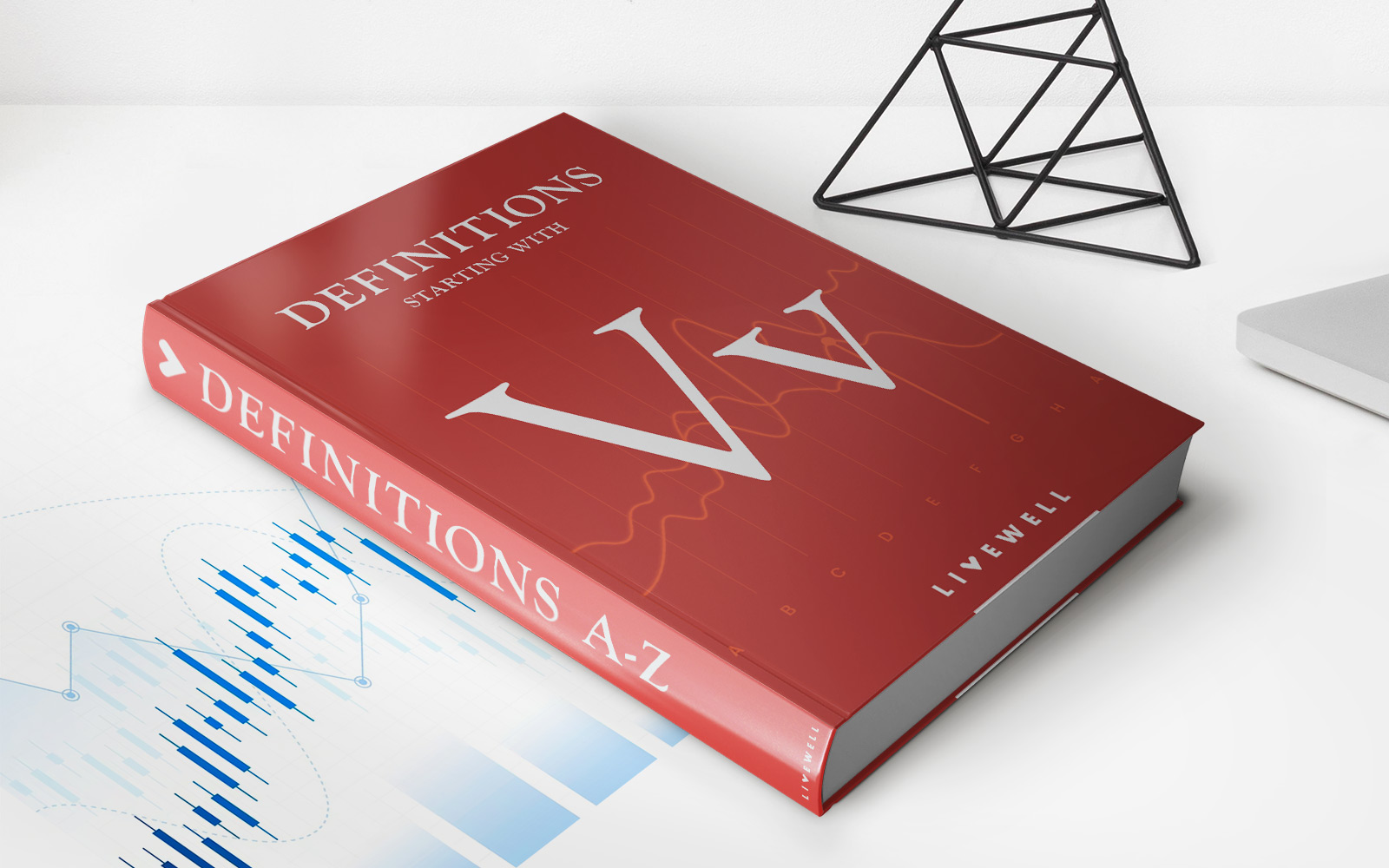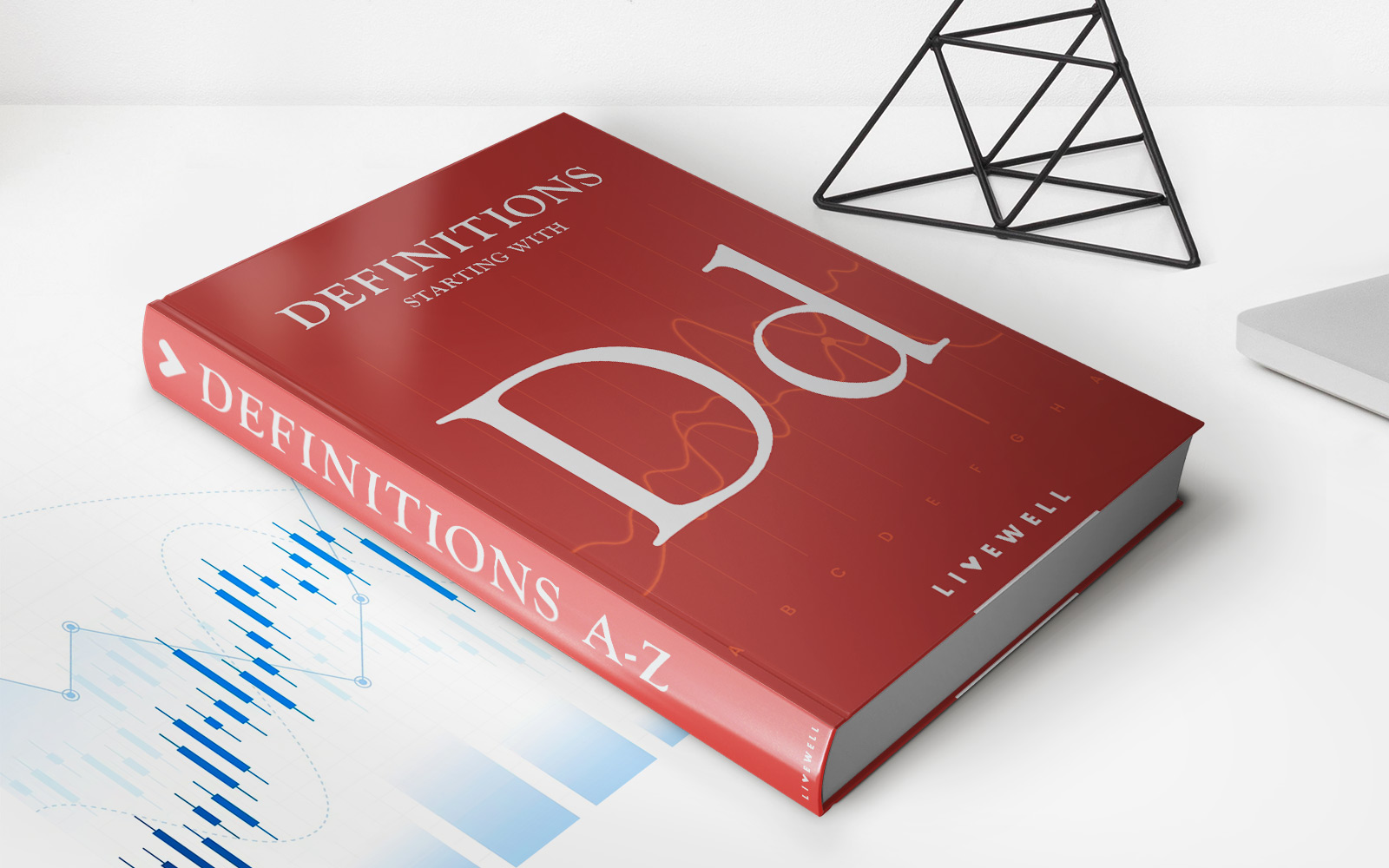Home>Finance>Variable Life Insurance: Definition, Tax Benefits, Vs. Term Life


Finance
Variable Life Insurance: Definition, Tax Benefits, Vs. Term Life
Published: February 15, 2024
Learn about variable life insurance, its tax benefits, and how it compares to term life insurance. Enhance your financial planning with our comprehensive guide.
(Many of the links in this article redirect to a specific reviewed product. Your purchase of these products through affiliate links helps to generate commission for LiveWell, at no extra cost. Learn more)
Variable Life Insurance: Definition, Tax Benefits, Vs. Term Life
Are you considering purchasing life insurance but feeling overwhelmed by the various options available? You’re not alone. Choosing the right type of life insurance can be a daunting task, but understanding the different alternatives can help you make an informed decision. In this blog post, we will explore Variable Life Insurance, its definition, tax benefits, and compare it to Term Life Insurance. So, let’s dive in and unravel the mysteries of Variable Life Insurance!
Key Takeaways:
- Variable Life Insurance offers both death benefit protection and a cash value component.
- It provides the policyholder with the opportunity to invest in various investment options, such as stocks, bonds, and mutual funds.
What is Variable Life Insurance?
Variable Life Insurance is a type of permanent life insurance that offers both a death benefit and a cash value component. It differs from Term Life Insurance, which provides coverage for a specific term without the cash value element.
With Variable Life Insurance, a portion of your premiums is allocated towards investments. These investments can include stocks, bonds, and mutual funds, allowing you to potentially grow the cash value of your policy. This means that the cash value of your policy may increase or decrease depending on the performance of your chosen investments. It’s important to note that, unlike Whole Life Insurance, Variable Life Insurance does not have a guaranteed cash value.
The Tax Benefits
One of the significant advantages of Variable Life Insurance is the tax benefits it offers. While the death benefit is generally tax-free for the beneficiaries, the cash value portion can grow tax-deferred. This means that you won’t have to pay taxes on the cash value growth until you decide to withdraw or take a loan against it. It’s important to consult a tax advisor regarding your specific situation, as tax laws can be complex and subject to change.
Variable Life Insurance vs. Term Life Insurance: What’s the Difference?
Now, let’s compare Variable Life Insurance with Term Life Insurance to help you understand the differences between the two:
- Purpose: Variable Life Insurance is designed for individuals who want a death benefit with the potential for cash value accumulation. Term Life Insurance, on the other hand, provides coverage for a specific term without the cash value component.
- Premiums: Variable Life Insurance typically has higher premiums compared to Term Life Insurance. The additional cost is due to the investment component and the potential cash value growth.
- Investment Component: Unlike Term Life Insurance, Variable Life Insurance allows you to invest a portion of your premiums in various investment options. This investment component can provide an opportunity for potential growth but also comes with risk.
- Flexibility and Customization: Variable Life Insurance offers more flexibility and customization options compared to Term Life Insurance. You have the freedom to decide where to invest your premiums, which can suit individuals with a higher risk tolerance or those seeking potential investment returns.
- Guarantees: Term Life Insurance provides a death benefit for a specific term, ensuring that your loved ones will receive financial protection if something happens to you within that period. Variable Life Insurance does not offer the same level of guarantee, as the cash value depends on the performance of the chosen investments.
Ultimately, the choice between Variable Life Insurance and Term Life Insurance depends on your goals, risk tolerance, and financial situation. Consider consulting with a financial advisor to help you evaluate your options and make an informed decision that best suits your needs.
Variable Life Insurance can be a great option for individuals who seek both death benefit protection and the opportunity for investment growth. However, it’s important to thoroughly understand the risks and consult with professionals before making a final decision. By doing so, you can confidently choose the right life insurance coverage that aligns with your financial goals and provides peace of mind for your loved ones.














